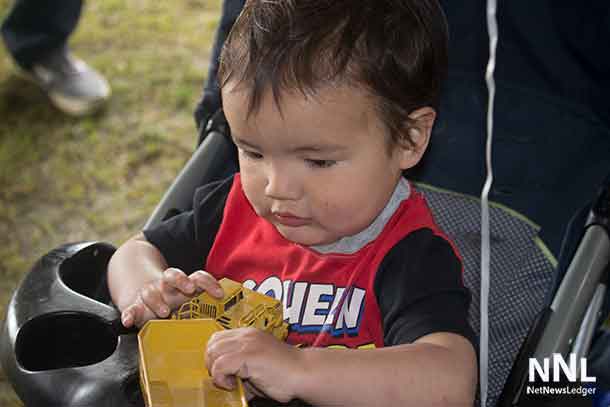The current decade will probably go down in history as a hugely transformative time for commercial businesses. Not only is the corporate culture in a state of change on every level, but government regulations play a growing role in how owner conduct their everyday activities. The alphabet agencies like the SEC, FDA, OSHA, and others cast a wide net over the way people operate their companies. Enterprises of all sizes and in every industry exist in a virtual web of regulations, laws, and industry ethical guidelines.
In addition to those sobering concepts, what are today’s must-know facts for budding entrepreneurs and future commercial leaders? Environmental laws are multiplying at a rapid pace, as are rules related to data retention and financial record keeping. The rapid growth of online commerce is contributing to a new kind of consumption, one that takes place in buyers’ homes. For smaller organizations, outsourcing is becoming a way of life and is no longer viewed as an exception. Finally, those with experience in crisis management are in high demand as the economy gets more volatile and unpredictable with each passing day. Review the following points to gain an accurate picture of how the financial, economic, and business environments are changing.
The Corporate Culture Is Changing Rapidly
Corporate life is undergoing massive changes at a pace that can sometimes seem unreal. What are the main ways that the business world is taking on a totally new identity? Some of the most visible changes include:
- More workers do their jobs from home and only visit the office a few days per month.
- Employers are handling team building in more creative ways due to diversified teams.
- Dress codes for office workers are much more casual than they were just a few years ago.
- The relationship between supervisors and employees is much looser and informal than in years past.
- Most projects are completed by teams and not by individuals.
- There’s a much heavier emphasis on interpersonal skills.
- People are not expected to remain loyal to one organization for years on end. What used to be called job hopping is commonplace in the digital work environment.
- Benefit packages are smaller or non-existent in many larger organizations. Gone are the days of massive benefits, health insurance, matching savings plans, and life insurance. Today, many workers choose one or two benefits from a long smorgasbord listing.
- Carpooling and mass transit are more common ways for workers to get to their jobs if they have to commute at all.
- Company cafeterias are going the way of drive-in theaters. Modern employees are encouraged to bring bag lunches or eat at local restaurants and coffee shops.
Environmental Regulations Are For Real
Fleet managers have plenty of insight into environmental rules and regulations, particularly those promulgated by state and federal governments. California’s smog check requirements are among the most stringent in the nation. If your fleet runs within that state’s borders for pick-ups, deliveries, or transit, it’s imperative to know the local rules regarding smog checks. That’s the only way to assure full compliance.
Anything else risks incurring substantial fines and other kinds of penalties. The good news is that the latest telematics solutions can minimize driver and vehicle downtime in a number of ways. The goal of completing fast checks is to maximize productive time and keep expenses as low as possible. You can learn how to do all those things by reviewing online resources. Environmental laws tend to grow in number and reach as governing bodies seek to gain more control over the day-to-day operations of transport companies in every state.
Data Retention Laws Are Getting Tougher
Company leaders and department heads in organizations of all sizes need to familiarize themselves with data retention laws. Depending on your industry and home state, it’s possible that you’ll have to keep all business-related emails stored for more than three years. If courts later subpoena the files and you can’t produce the documents, the fines and possible criminal penalties can be substantial.
Online Commerce is Unstoppable
E-commerce is one of the fastest growing segments of the entire economy, measured as its own niche or category. Even old, established merchants have moved the majority of their retail and wholesale operations online, which means that buyers can place orders from the comfort of their computers or mobile devices. However, the ecommerce revolution will likely spell the eventual end of in-person purchasing on a large scale. Only a few sellers, primarily convenience and grocery stores, currently conduct most or all of their selling in person.







